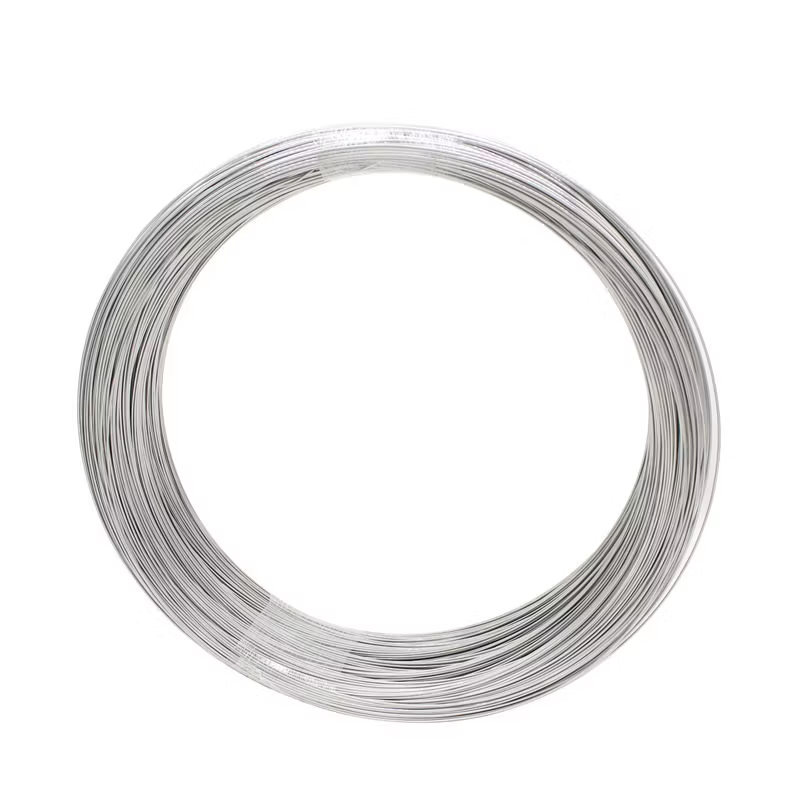Stainless Steel 316TI Filler Wires
Stainless steel is a versatile and highly durable material that is widely used in various industries,
from construction and manufacturing to marine and chemical applications. Among the numerous grades of
stainless steel, 316TI stands out due to its superior corrosion resistance, especially in chloride-rich
environments, and its ability to withstand high temperatures. This makes it the go-to material for
critical applications requiring strength and reliability. One of the key components used to join or repair
stainless steel parts is the filler wire. Stainless steel 316TI filler wire plays a crucial role in
welding, and Ferrobend is a leading manufacturer of this high-quality product.
Filler wire is a material used in welding to add material to the joint between two metal parts. It is
particularly important in processes like TIG (Tungsten Inert Gas) welding, MIG (Metal Inert Gas) welding,
and laser welding. The filler wire must match the properties of the base metal to ensure a strong, durable
bond that can withstand the same stresses and conditions as the original material.

Ferrobend is known for its advanced manufacturing techniques and commitment to producing high-quality stainless steel products. The process of producing 316TI filler wire is intricate and requires precision to ensure that the final product meets all specifications and standards
The process begins with selecting the highest-quality stainless steel 316TI. Ferrobend ensures that the raw materials meet strict standards for composition, including the precise amounts of chromium, nickel, molybdenum, and titanium. This careful selection is crucial for ensuring that the filler wire has the desired properties, such as corrosion resistance and weldability.
Before the 316TI filler wire is shipped out, it undergoes rigorous quality control checks. Ferrobend conducts visual inspections, dimensional checks, and mechanical testing, including tensile strength and bend tests, to ensure the wire meets the required specifications. Additionally, the wire is tested for chemical composition to confirm it adheres to industry standards for stainless steel 316TI.
